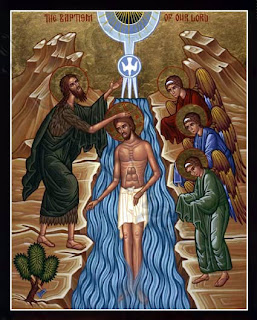The Fourth Sunday after the Epiphany

The Fourth Sunday after the Epiphany, 31 January 2010 The Readings for the Fourth Sunday after the Epiphany Jeremiah 1:4-10 Psalm 71 I Corinthians 13:1-13 Saint Luke 4:21-30 BACKGROUND We do some more studying today on what it means to be a prophet, by looking at who God chooses to be prophets, what their message might be, and what the reaction of the world is to prophets. The more and more we delve into the Scriptures, the more and more we learn that God always operates with the ordinary. It may be a continuing surprise to those, who like the Magi, seek God in great places, but find him well-nested with the marginalized and the ordinary. Today we look at the call of Jeremiah, and take special interest in his objections to the call. We listen to Paul spiritualize the ordinary life that exists between two people, and we are amazed at the reaction in Nazareth to Jesus’ prophetic words. Jeremiah 1:4-10 The word of the LOR...


